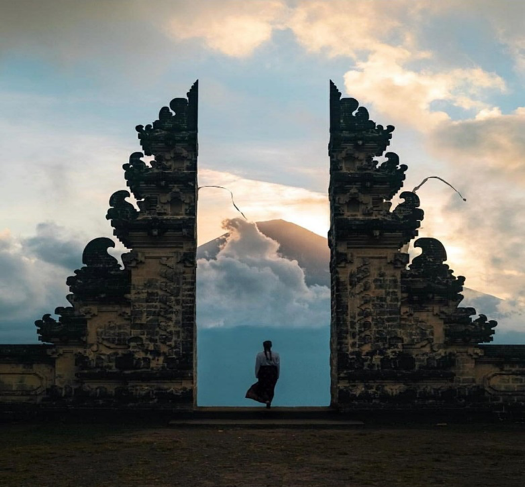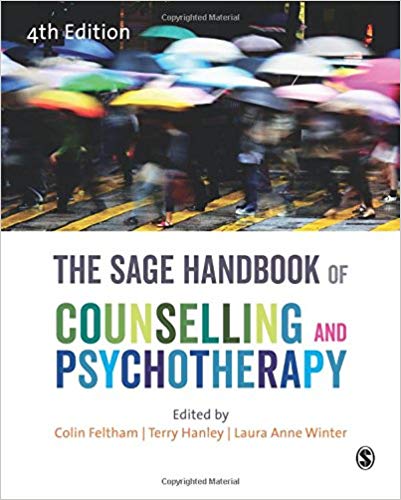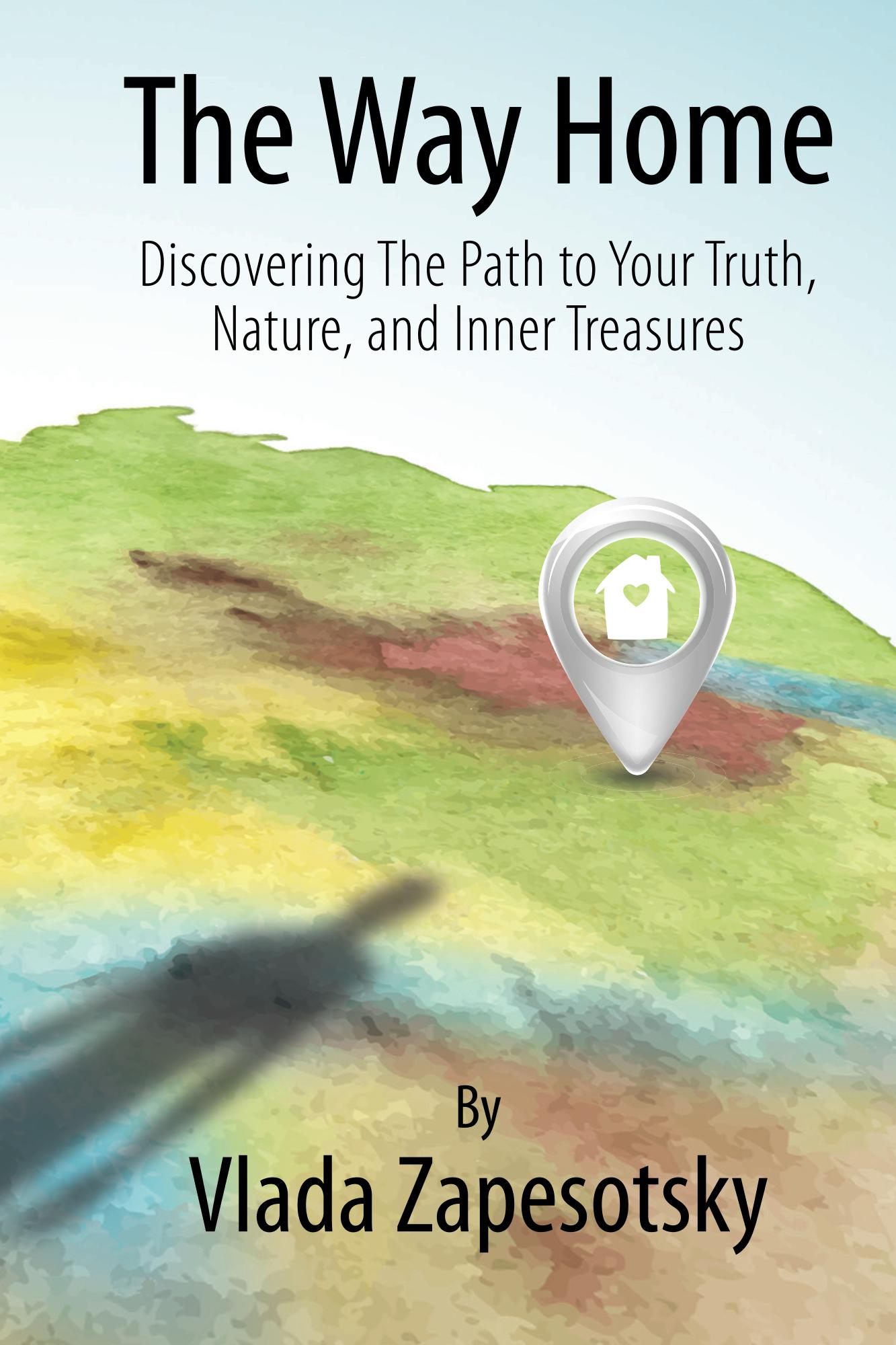
10 – 15 February, and 17 – 22 March, 2019
These retreats will each combine 30+ hours of personal growth, psychodrama sessions with diverse cultural adventures on the beautiful and mystical island of Bali in Indonesia. Included will be a trip to the famous Tanah Lot Temple, one of the ten most photographed sites in the world. Free time for exploration and relaxation is also included. Psychodrama hours may be used toward certification by the American Board of Examiners, the Korean Psychodrama Association, The North American Drama Therapy Association, and Therapeutic Spiral International. (Check with your local certifying board to see if they accept these hours as well.)
Costs:
- The fee for all psychodrama sessions over six days, seven community meals (four dinners and 3 lunches), and all cultural events is US$550 per person inclusive.
- A 50% deposit will hold your place and is due no later than 2 Jan for Feb. retreat and 4 Feb. for March retreat.
- Balance due on first day of retreat. Those who pay in full by deposit date pay only $500 per person.
- Transportation and accommodations are not included. Participants will receive suggestions for reasonably-priced accommodations within walking distance of the psychodrama venue.
Psychodrama Venue and Trainer:
TAKSU HEALING HAVEN – Ubud, Bali – is a jungle paradise in the Heart of Ubud. It features a World Class Spa & Salon, Restaurants, Yoga, and Workshop Spaces. Participants will receive a 15% discount on any additional food and beverage and on all Spa services. Visit www.taksuspa.com for a listing of services available. Visit www.taksuhealinghaven.com for a listing of the healing practitioners in residence and the services they offer.
MARIO COSSA, RDT/MT, TEP, and TSM Trainer – founder and Director of Motivational Arts Unlimited, Indonesia, will be your Psychodrama Director and guide for this experience. Mario brings decades of experience as a group facilitator and psychodrama director and has worked in the USA, Canada, the UK, Australia, New Zealand, Malaysia, Indonesia, Korea, and China. Please visit his website: www.dramario.net
To Indicate Your Interest:
Please e-mail mario@dramario.net with a brief statement of your interest and previous psychodrama and/or drama therapy experience, and preferred contact method. Your expression of interest does not commit you in any way. Additional information and registration details will be sent.



